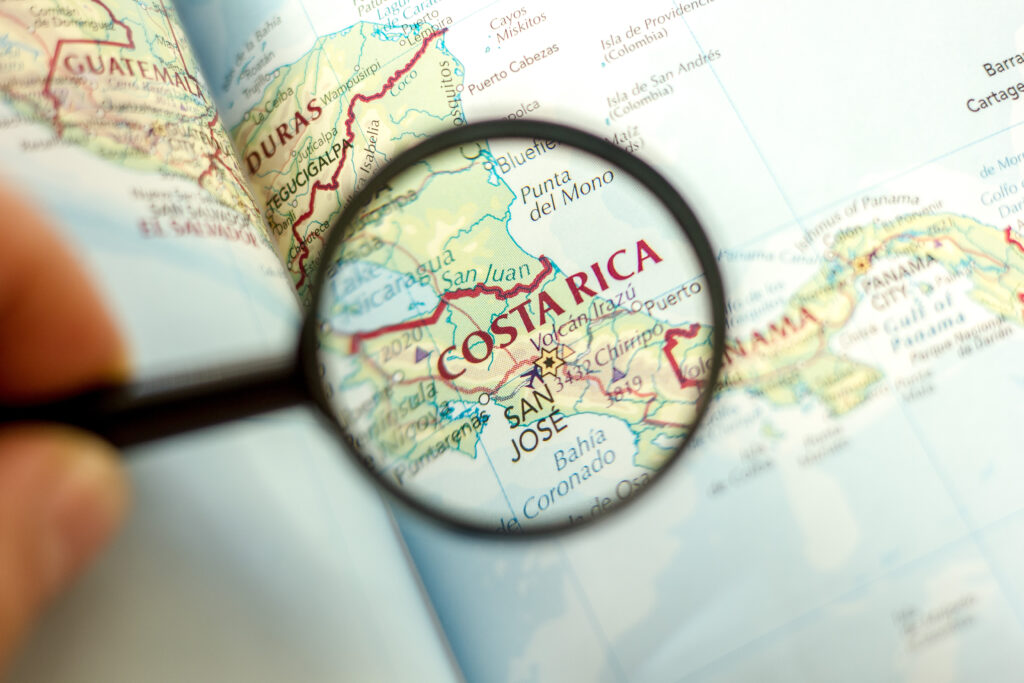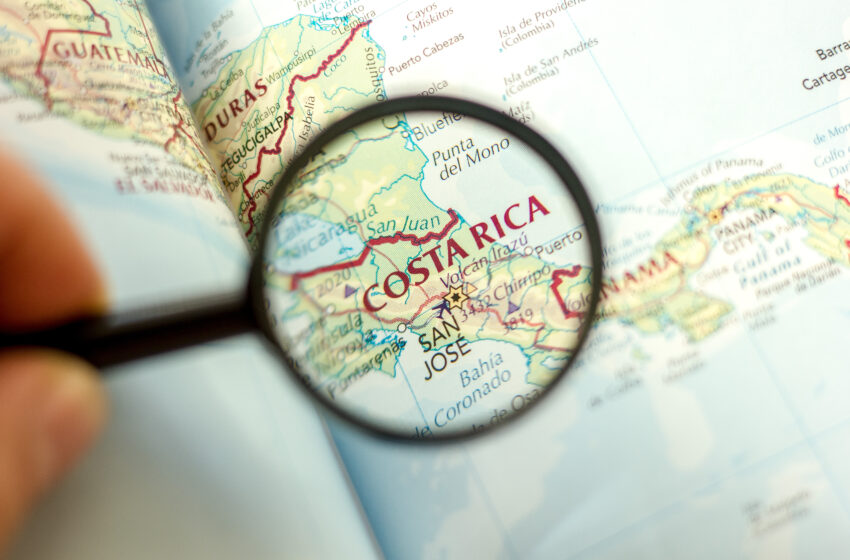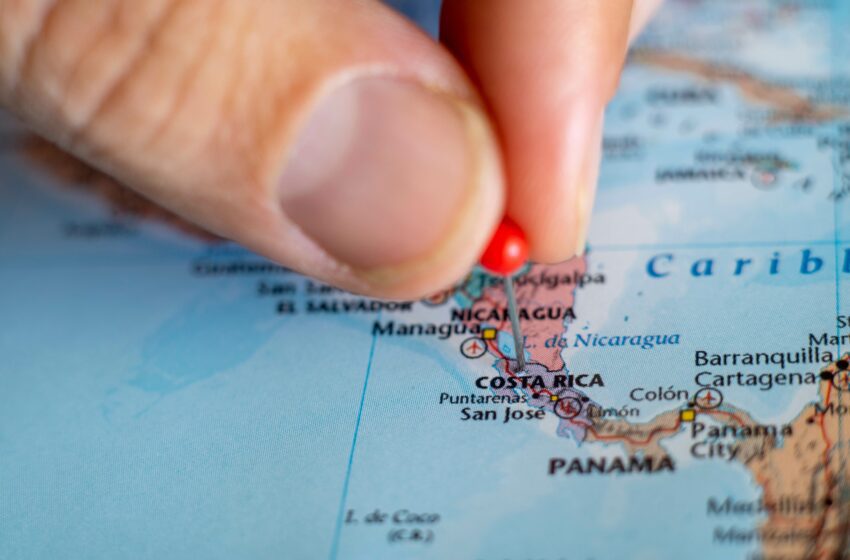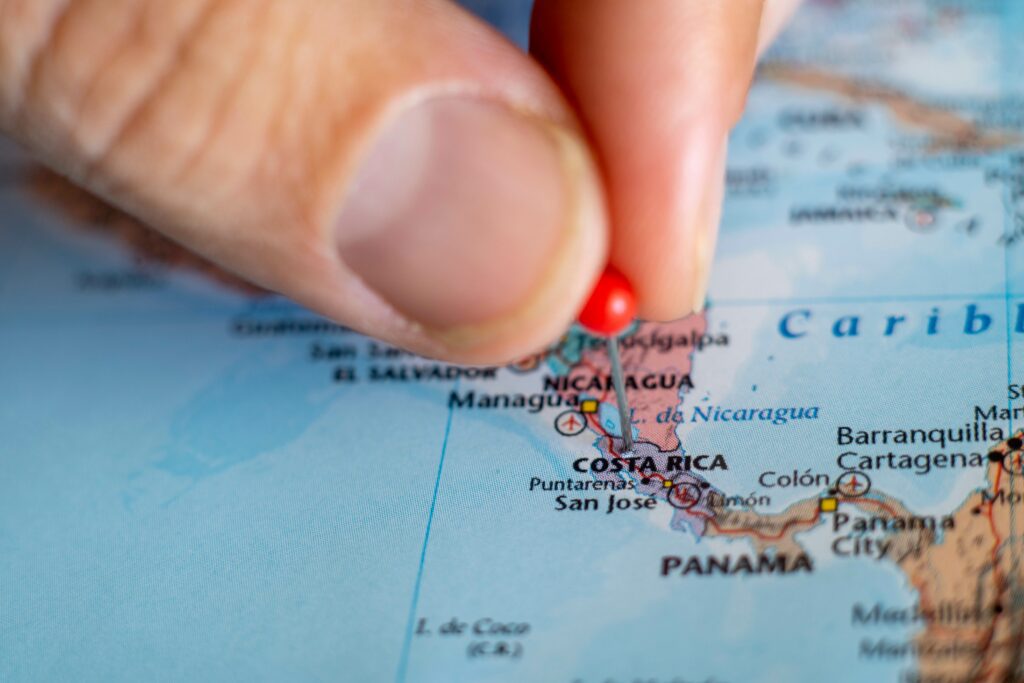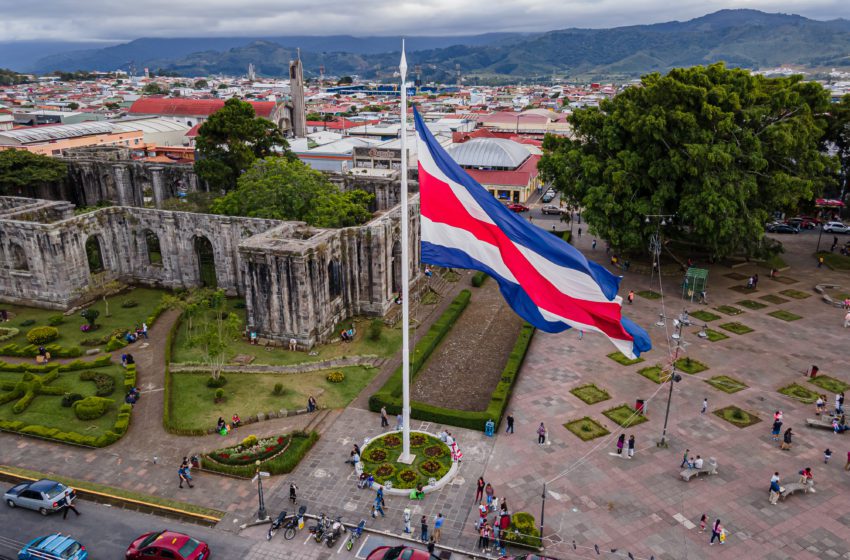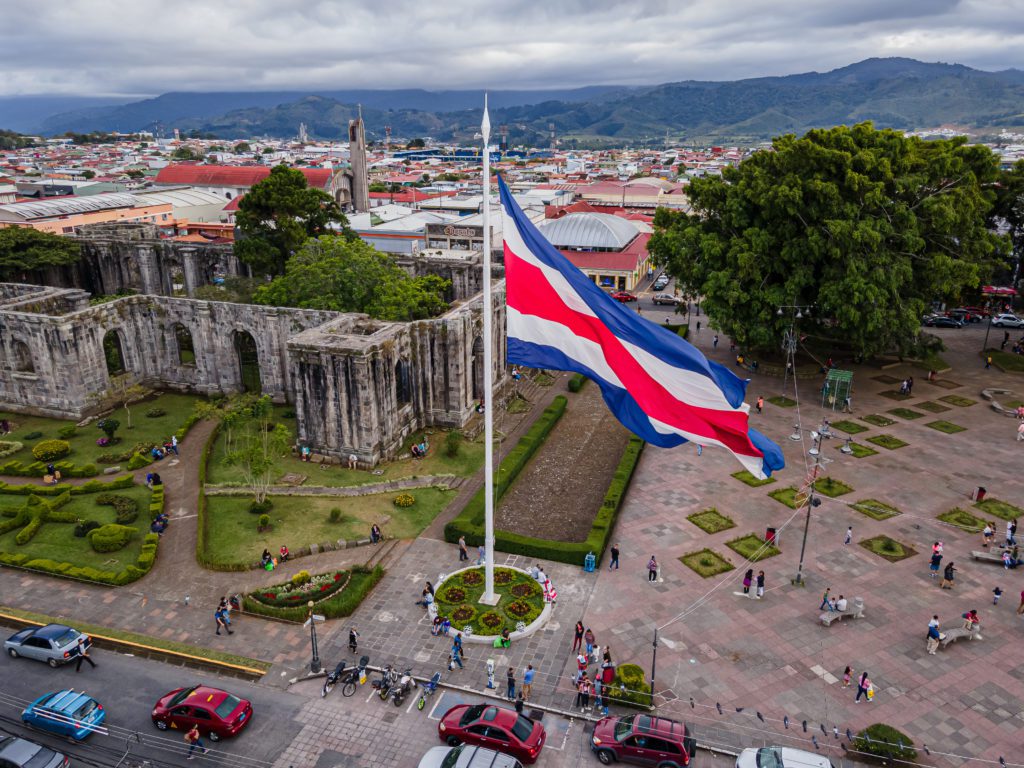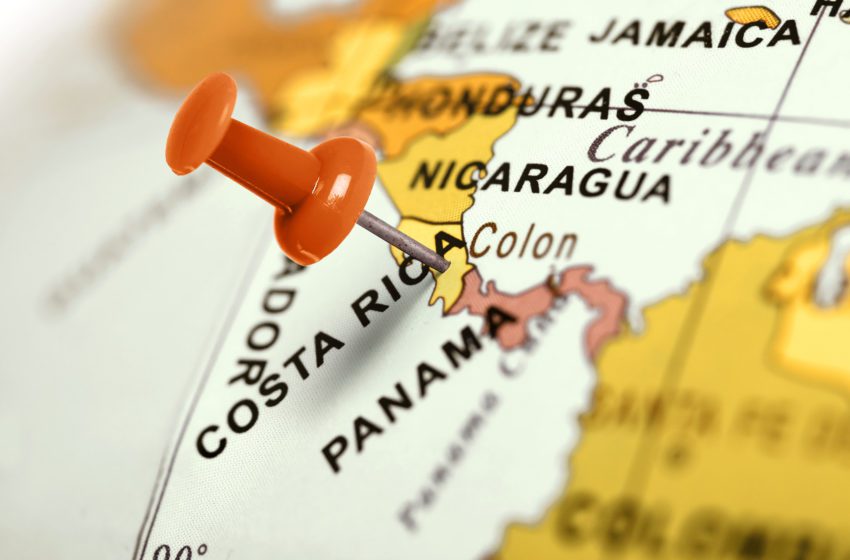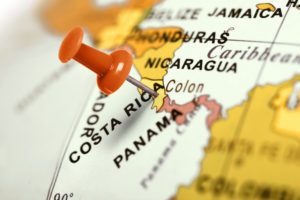Costa Rica has for the first time has given an agricultural conglomerate authorization to grow and process hemp under a recently signed resolution from the country’s agriculture ministry.
Ingenio Taboga SA, a farming and food company, said it plans to plant hemp and build a processing factory on a 150-acre site.
Taboga, based in Bebedero de Cañas, Guanacaste, lists products in alcohol-based sanitizers, specialty sugars, natural sweeteners, protein powders and CBD on its website, according to Hemp Today.
“For the Ministry of Agriculture and Livestock, the development of responsible and efficient agricultural activities with significant agro-export potential is extremely important,” said Agriculture Minister Víctor Carvajal, adding that seven hemp more projects are being considered for authorization, with approval expected soon.
Under rules approved by agriculture and health officials in September, hemp farming and production licenses are intended to be inexpensive and widely available in Costa Rica. Individuals and legal entities can be authorized to grow and process hemp, and rules are set for post-harvesting, storing, transporting, product manufacturing, marketing, importing and export of health, food and industrial products.
Costa Rica’s rules set the limit for THC in hemp plants at 1.0 percent. Most countries follow a generally accepted limit of 0.3 percent THC as the dividing line between hemp and marijuana.
Industry advocates in Costa Rica say establishing a robust hemp sector can spark development of agricultural value chains by bringing economic and social opportunities to the country’s rural areas, and contribute to the growth of the pharmaceutical industry.
